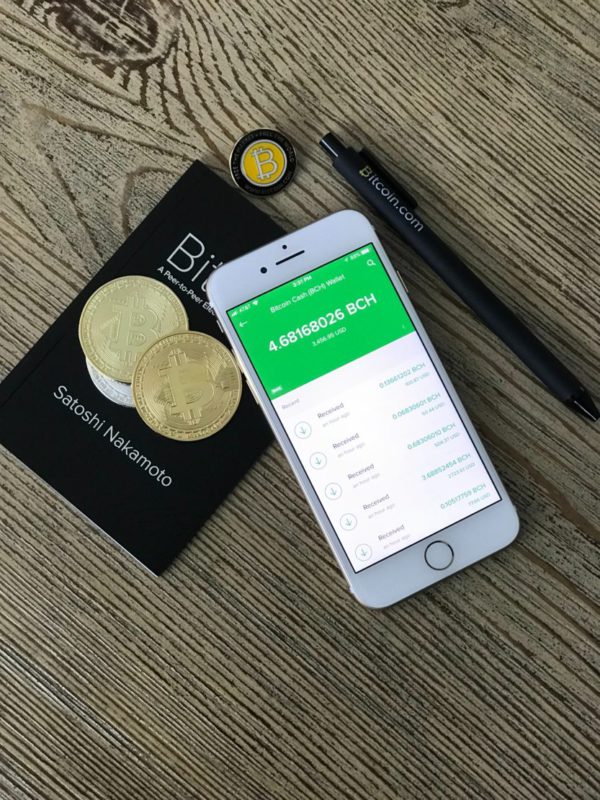Bitcoin Covenants: What Are They, And How Do They Work?
Describe covenants.
In private property law, a covenant is used as a contract to limit the use of an object, such as the prohibition against expanding a building or changing the color of a structure’s facade. Given that Bitcoin is a form of private property, the term covenant seems to be the ideal way to describe limitations on transactional activity. Although the land is yours, there may be restrictions on what you may do with it.
Bitcoin covenant proposals specifically limit where and how coins can be transferred after being purchased. These limitations are comparable to those that banks may impose on particular merchants who they suspect of engaging in illegal activity.
Covenants are a useful way to improve Bitcoin. Still, they haven’t been actively studied for a while because they are difficult to implement and raise questions about the currency’s fungibility and resistance to censorship.
“Now that this is done, I am formally stating. 98% of all bitcoin I and my family own (the Satoshi coins) are in a covenant to on-board 5 billion people into the digital economy. Starting from the poorest billion and working up.”#BSV #Bitcoin #TheRealBitcoin🚀 pic.twitter.com/C3XmHTVd7h
— TruthRebel_SV ⚡ cryptorebel@handcash.io ⚡ (@cryptorebel_SV) December 6, 2021
How are Bitcoin covenants implemented?
Covenants, which expand the Bitcoin script language and enable transactions to constrain the scripts of the redeeming ones, can be seen as the lowest and most basic “unit of processing” available to a programmer.
A locking script protects your Bitcoin in a standard Bitcoin transaction, and in order to spend the coins, certain requirements must be satisfied. If you don’t have a signature confirming your private key matches the public key, you won’t be allowed to spend money. Another example of a locking condition is a timelock, which functions similarly to a covenant and prevents spending of coins until after a specified amount of blocks.
In a covenant, we take a step further by limiting what you may do with that coin. In a “regular” Bitcoin script, we merely require specified conditions to unlock a particular requirement ( a private key, for example).
A Bitcoin covenant, which includes a set of restrictions on an unspent transaction[TX] output (UTXO), which specifies how the transaction’s relevant coins can be spent, is sometimes described as “a tool to establish rules on how the control of coins will be passed in the future.”
One wallet may, for instance, impose a condition on the Bitcoin it holds, whitelisting a few relevant addresses. This wallet can only distribute the same Bitcoin to addresses that are listed on the whitelist when broadcasting a Bitcoin transaction to another wallet.
Also, read – How does StrongBlock (STRONG) operate, and what is it?
Covenants on Bitcoin have benefits.
One of the most important advancements developers are continuously seeking is strengthening Bitcoin security, and covenants may help greatly. Covenants aid in security as well as increased scalability, particularly in the face of the $5 wrench attack. An ideal use case is taking steps to secure your Bitcoin assets so that they are more difficult to steal.
Covenants also allow you to restrict your UTXO’s ability to be transferred to multi-sig addresses, for example, after a year. This is a good security measure. One of the greatest issues with bitcoin security can be solved by building secure vaults and using covenants to address the challenge of managing safe keys. Vaults improve end-user security by making monetary theft less desirable.
Even if the private keys used to secure the cash are stolen, the user applies a technique that prohibits an attacker from acquiring complete control over the funds. In order to impose a timelock on funds, this approach uses pre-signed transactions with key deletion.
In Bitcoin-NG, a Byzantine fault-tolerant blockchain protocol that has recently been proposed to increase Bitcoin’s throughput, latency, and general scalability, covenants can also be used to construct a restricting mechanism to thwart double-spending attacks.
This method is embodied in “poison transactions,” which can be gradually added as an overlay to the Bitcoin network.
Stay informed with daily updates from Blockchain Magazine on Google News. Click here to follow us and mark as favorite: [Blockchain Magazine on Google News].
Get Blockchain Insights In Inbox
Stay ahead of the curve with expert analysis and market updates.
latest from tech
Disclaimer: Any post shared by a third-party agency are sponsored and Blockchain Magazine has no views on any such posts. The views and opinions expressed in this post are those of the clients and do not necessarily reflect the official policy or position of Blockchain Magazine. The information provided in this post is for informational purposes only and should not be considered as financial, investment, or professional advice. Blockchain Magazine does not endorse or promote any specific products, services, or companies mentioned in this posts. Readers are encouraged to conduct their own research and consult with a qualified professional before making any financial decisions. The featured image used is just a creative depiction of the title and it does not intend to hurt sentiments of any person or institution. If it hurts anyone sentiments, please do not hesitate to reach out to Blockchain Magazine.

 Bitcoin
Bitcoin  Ethereum
Ethereum  XRP
XRP  Tether
Tether  Solana
Solana  Dogecoin
Dogecoin  USDC
USDC  Cardano
Cardano  Lido Staked Ether
Lido Staked Ether  TRON
TRON  Chainlink
Chainlink  Avalanche
Avalanche  Wrapped stETH
Wrapped stETH  Wrapped Bitcoin
Wrapped Bitcoin  Sui
Sui  Toncoin
Toncoin  Stellar
Stellar  Hedera
Hedera  Shiba Inu
Shiba Inu  WETH
WETH  Polkadot
Polkadot  LEO Token
LEO Token  Litecoin
Litecoin  Bitcoin Cash
Bitcoin Cash  Bitget Token
Bitget Token  Uniswap
Uniswap  Hyperliquid
Hyperliquid  Official Trump
Official Trump  USDS
USDS  Wrapped eETH
Wrapped eETH  Pepe
Pepe  NEAR Protocol
NEAR Protocol  Ethena USDe
Ethena USDe  Aave
Aave  Aptos
Aptos  Internet Computer
Internet Computer  Monero
Monero  Ethereum Classic
Ethereum Classic  WhiteBIT Coin
WhiteBIT Coin  Ondo
Ondo  Cronos
Cronos  POL (ex-MATIC)
POL (ex-MATIC)  Mantle
Mantle  Render
Render  Dai
Dai  MANTRA
MANTRA  Algorand
Algorand 




